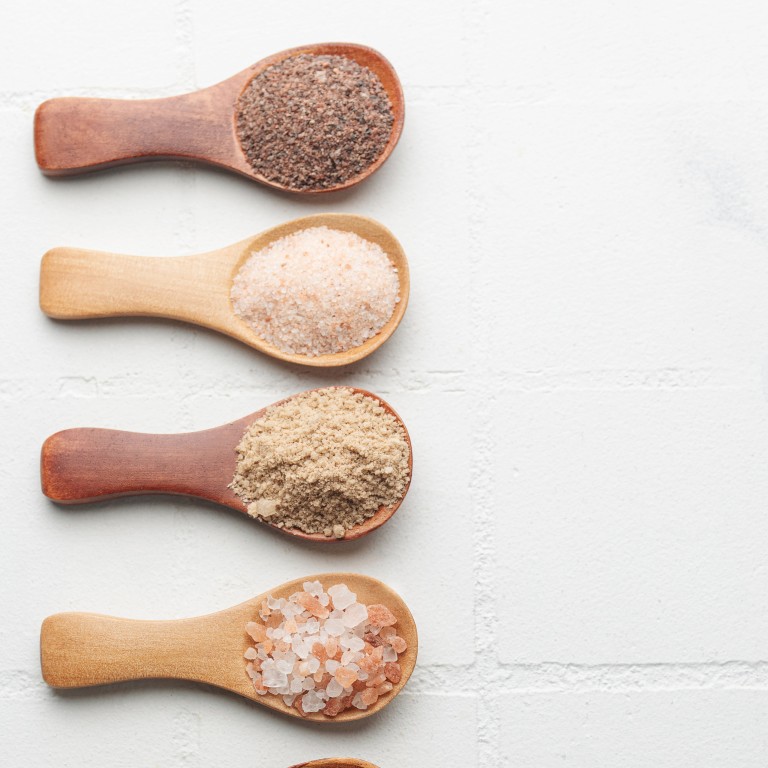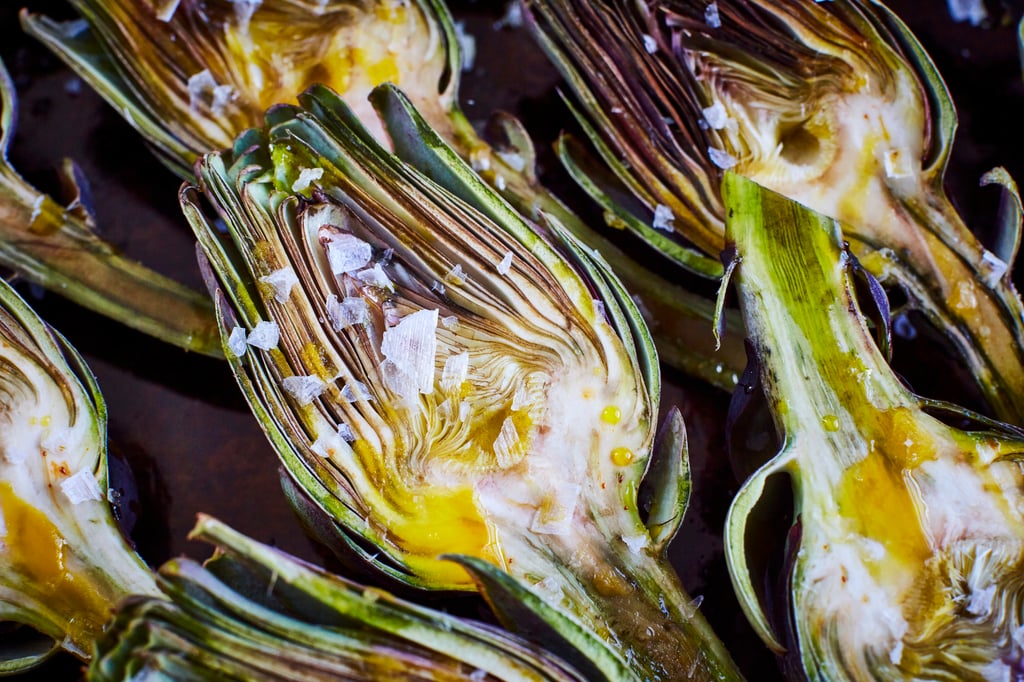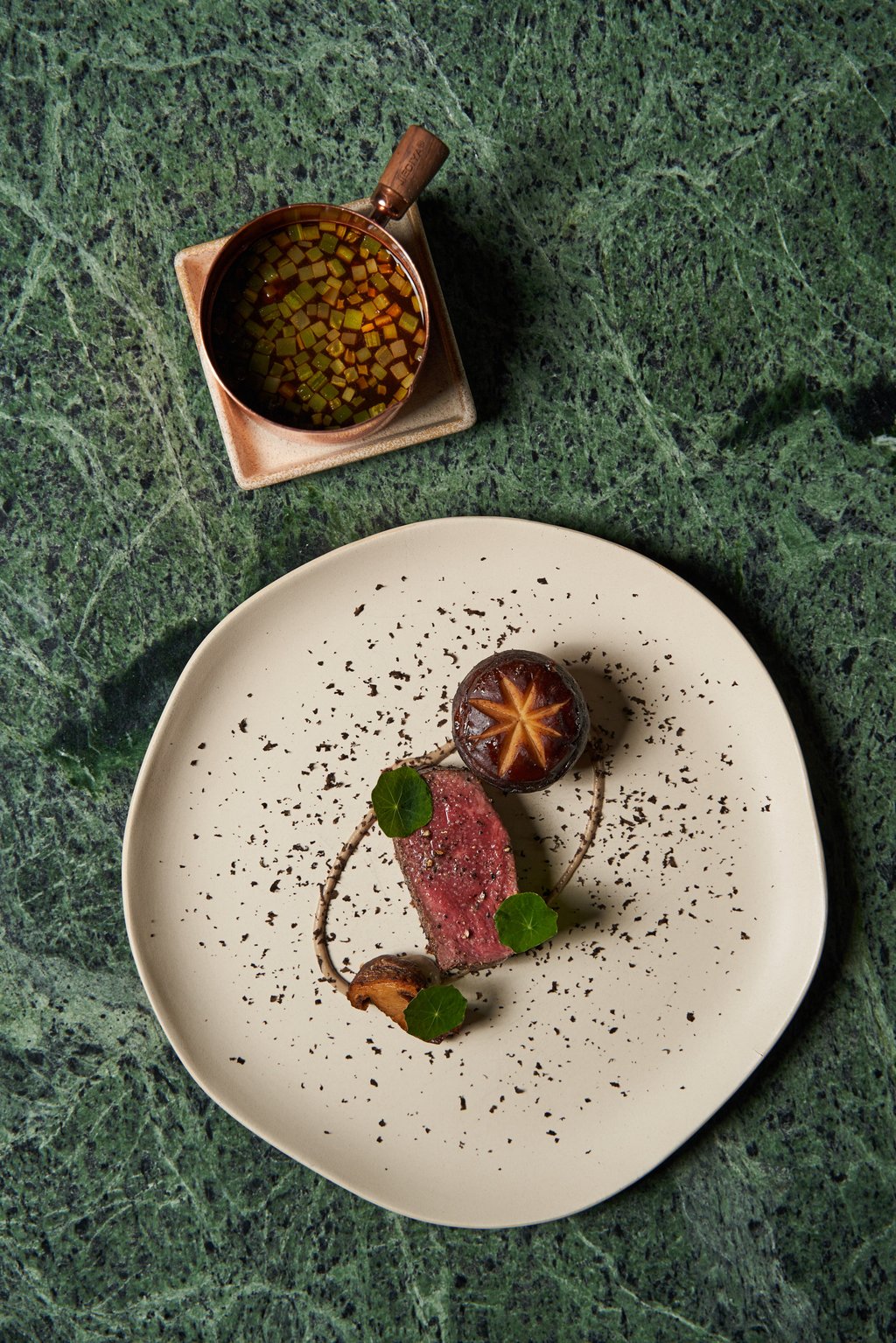How salt makes main dishes and desserts better – according to chef Agustin Balbi of one-Michelin-star Hong Kong restaurant Andō and Smita Grosse, executive pastry chef at The Mira Hong Kong

Salt varieties include Fleur de sel, Black Hawaiian sea salt, Himalayan pink salt and kosher salt – but we need to watch our consumption too
Chef Agustin Balbi’s one-Michelin-starred Hong Kong restaurant Andō presents dishes inspired by his life experiences, from the comforting arroz caldoso, a cosy bowl of savoury rice porridge his grandmother used to make back in Argentina, to the raw seafood he learned to prepare when working in Japan.
Other than olive oil though, salt is Balbi’s favourite ingredient to cook with. “It has the power to amplify flavours. There are some ingredients like ham or clams that have a saltiness, a salinity to them. But when we use salt, we use it in different ways: for meat we use one type of salt, for fish we use another type,” he says.

Balbi’s team makes their own seasoning salts for cooking, including one that is a combination of salt, pepper and ground-up dried mandarin peel. “I love citrus, and I think seafood and citrus are best friends. It gives a special flavour,” he says.
Another salt is made with ground aonori or green laver, a type of seaweed used when preparing shellfish.
Balbi doesn’t use fine salt because he says it’s very easy to oversalt things, and instead prefers coarse salt, sea salt or Maldon flakes. “Different salts give a very special flavour that adds to the ingredients. When we taste [the ingredient], we say, ‘OK, with this one we can use seaweed salt, or with that one we’ll use citrus salt’,” he says.
“I always like to finish my fish with some kind of zest – it can be lemon or lime because I think citrus and fish are the perfect match. Then we think, how can we enhance it even more? So we work on the ratio of salt with dried mandarin peel, which is very aromatic – it gives a nice umami flavour.”

The chef says the best time to use salt is towards the end of the cooking process, though there are exceptions.
“When we make our caldoso rice, we first need to sauté garlic and chorizo, and we add salt at the beginning, because the function of the salt there is to take out the moisture from the product. We want to extract as much flavour as possible and have the flavour go into the broth,” he explains.